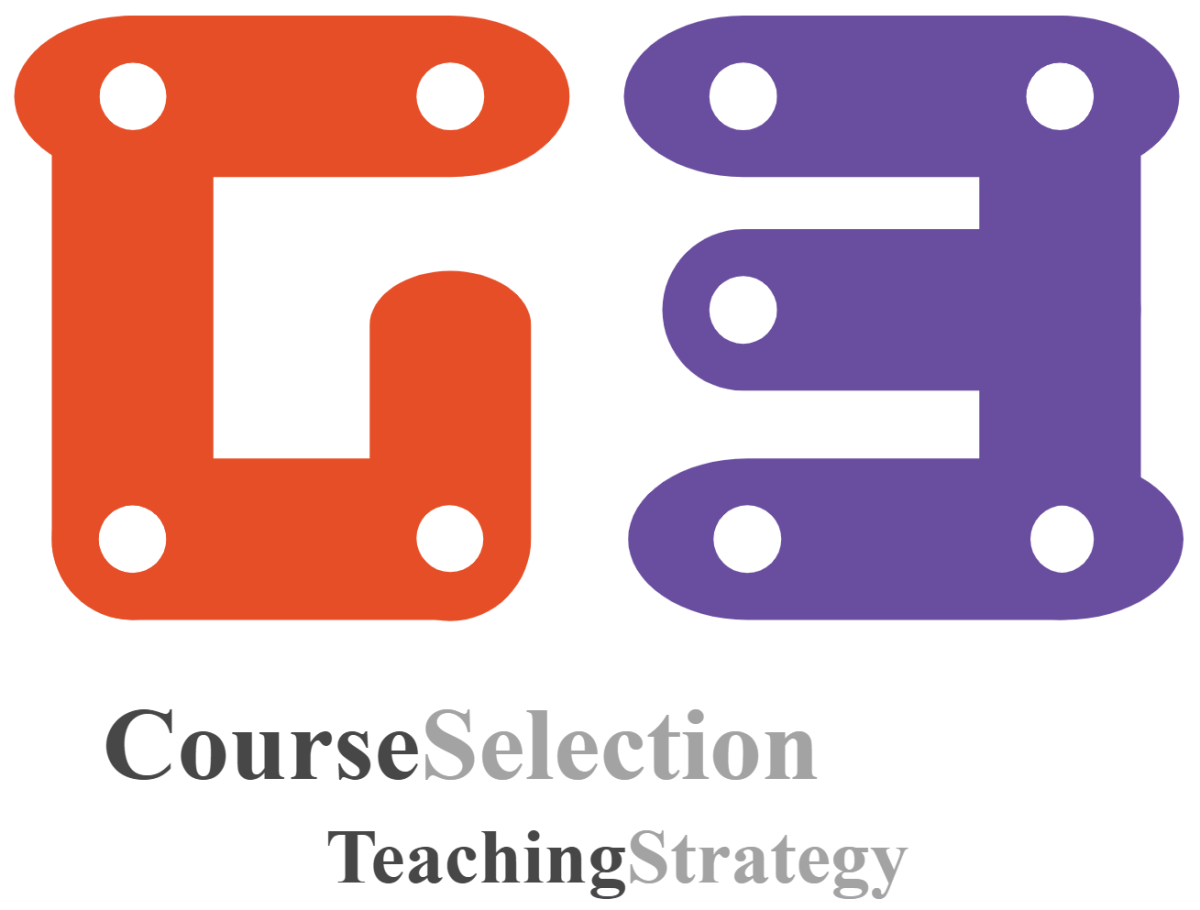Lab Learning Analytics and Visual Analytics
About this course
During this year's Learning Analytics and Visual Analytics (LAVA) project, you will systematically design and implement interactive visualizations of an educational dataset of your choice, following the Human-Centered Design (HCD) process proposed by Norman (2013) and the What-Why-How visualization analysis framework proposed by Munzner (2014).
You will organize yourselves in groups of 4. In the first few weeks of the lab, we will provide a general overview on HCD and visualization libraries (e.g. D3.js). There will be weekly tasks which include:
- Reading, presenting, and discussing selected chapters from the Visualization Analysis and Design book (Munzner, 2014)
- Project presentations (ideas/concepts, prototypes, end product, demos)
- Writing a project report in form of a scientific article
Grading for this lab will be based on the content and quality of the project presentations and report as well as your performance (project management and collaboration, class participation, creativity) during the project.
Target audience
- Master Applied Computer Science
- Master ISE CE
- Master Komedia
- Bachelor Komedia
4 places for each study program
Date and location
- Mon, 16:00 – 18:00
- LF 125
- Starts on April 8, 2019
Prerequisites
- Good knowledge of basic Web technologies such as HTML, CSS, JavaScript
- Past participation in our lecture courses Advanced Web Technologies and Learning Analytics is important, but not mandatory
- Interest in visual analytics and/or learning technologies
- High motivation and commitment
Registration
We have 4 places for each of the study programs: Master AI, Master ISE CE, Master Komedia, Bachelor Komedia (first come first serve). To register, please send an email to Dr. Arham Muslim by April 5th, 2019 with your contact information, your study program, and if available your knowledge/experience in Visual Analytics and Learning Technologies. If the maximum number of participants is reached, we will use a waiting list.
Organization
Instructors
For any questions about the class, please contact Dr. Arham Muslim.
Prof. Dr. Mohamed Chatti (Lecturer)
Dr. Arham Muslim (Teaching Assistant)
Literature
- Munzner, T. (2014). Visualization Analysis and Design. AK Peters/CRC Press.
- Ward, M. O., Grinstein, G., & Keim, D. (2010). Interactive Data Visualization: Foundations, Techniques, and Application. AK Peters/CRC Press.
- Ware, C. (2004). Information Visualization: Perception for Design (2nd Edition). Elsevier.
- Norman, D. (2013). The Design of Everyday Things. New York: Basic Books
- Dix, A., Finlay, J. E., Abowd, G. D., and Beale, R. (2004). Human-Computer Interaction (4th Edition). Prentice-Hall, Inc., Upper Saddle River, NJ, USA.
Student Projects

Dropout Tendencies
Group name: KEEV
Group members: Volkan Yücepur, Abdul-Rahman Khan, Eliis Lohoff, Elham Valipour
Project description:
The scenario of this project is to help university stakeholders (i.e. professors, institutions, teachers, students) to discover and understand the underlying reasons behind the drop-out and help-seeking tendencies of students while studying.

Insights into Course Evaluation by Interactive Data Visualization (InEval)
Group name: SA3
Group members: Negin Ahmadian, Marco Hellmann, Forough Zarei, Muhammad Zeeshan
Project description:
InEval is an online platform that helps both sides of the educational system (i.e. professors and students) to understand better the evaluation of the professor’s performance through visualizing.

Course Selection Support & Teaching Strategy
Group name: SA3
Group members: Luisa Bräuer, Moloud Kordestani, A. B. M. Rocknuzzaman
Project description:
This project was developed to help students of the University of Duisburg-Essen find and compare courses of their study program. Students are able to pick their specific study program and view ratings of corresponding courses based on attributes like difficulty, pacing, average grade, and general recommendation. Different filtering options are also provided using exam-style, availability of exercises, and bonus points given by courses. Additionally, teachers are able to evaluate exams and enrollment patterns.
Links: GitHub, Live Demo, Deployed Version

Course Insights
Group name: Vesuvius
Group members: Florian Richtscheid, Ghulam Dawood Nasimi, Ritesh Damera, Amin Shahin
Project description:
The idea of this project is to help students in the planning of subjects they can take in a semester by visually showing an overview of all the courses offered by their study program in that semester. Students can select the courses they like and see their comparison based on course ratings and time overlapping.
Links: GitHub, Live Demo, Deployed Version

